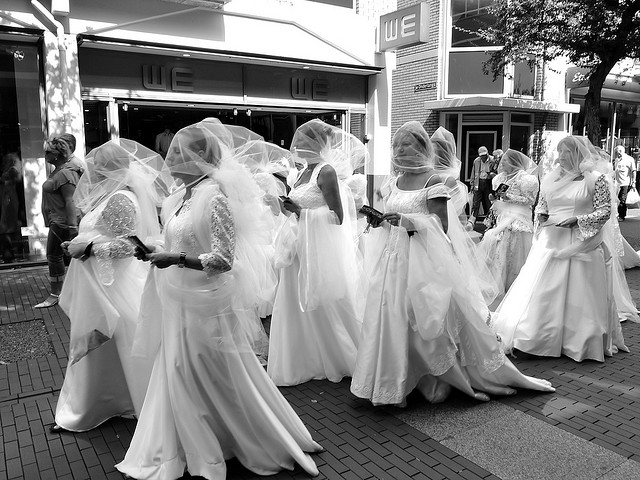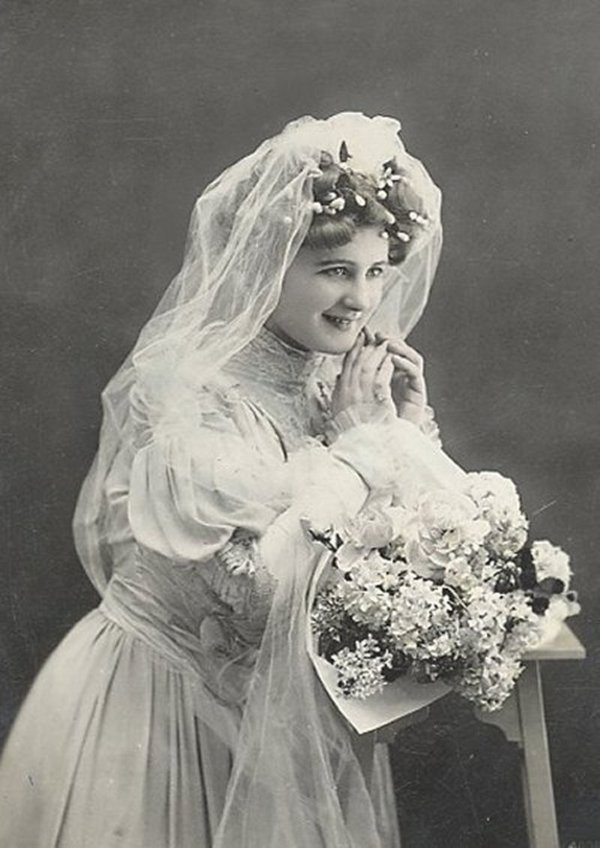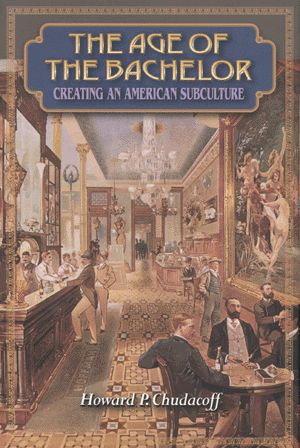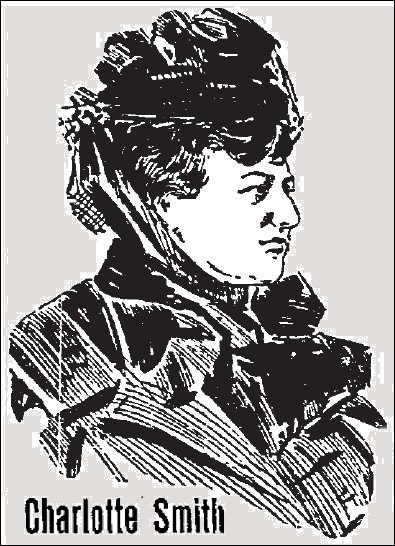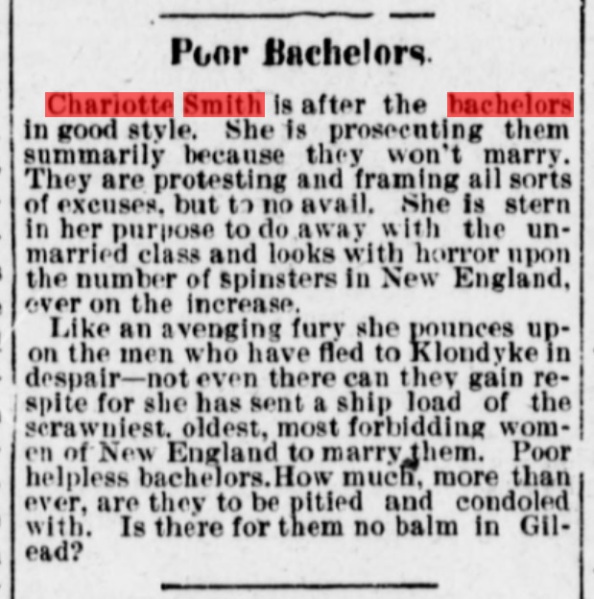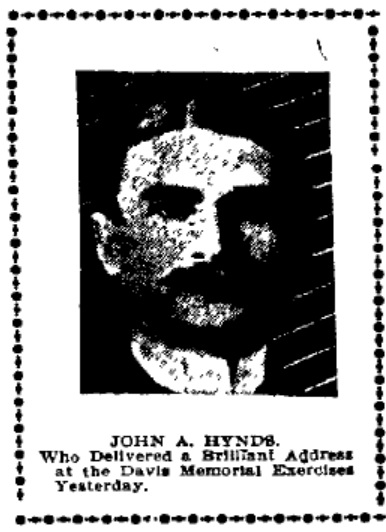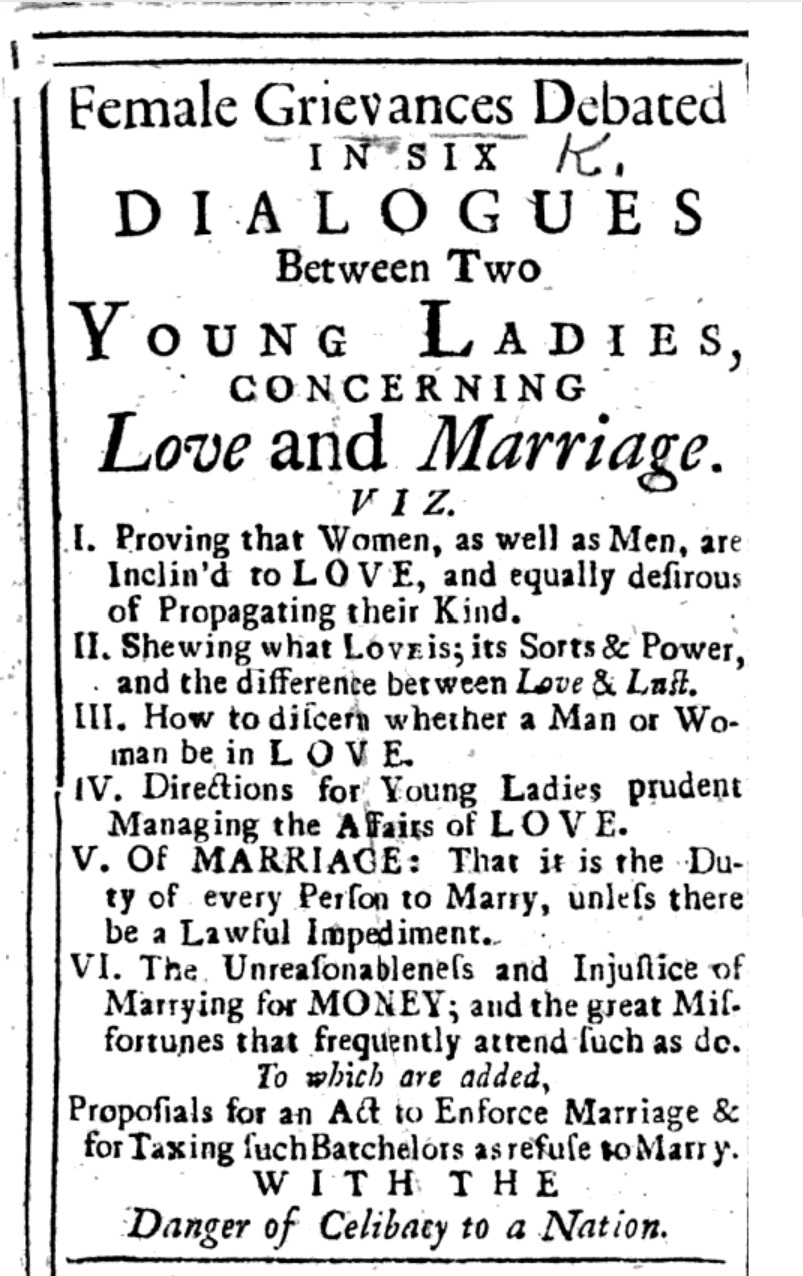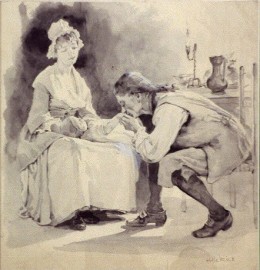By Anja Eriud and Peter Wright
One of the favourite myths of feminism is that ALL women were oppressed everywhere by ALL men – and that the mechanism by which men oppressed women was marriage.
Ah yes, in secret patriarchy meetings all over the known world scheming men got together to lay their nefarious plans to trap and enslave these innocent and delicate flowers of womanhood into the bonds, the cruel and tortuous chains of matrimony.
But, of course a few brave souls resisted, they struggled against this demonic plot to entrap and enslave them, then of course they wrote books about their “struggle”
According to received “wisdom” and in the context of anything that emanates from the mouths or pens of feminists one does use the word wisdom with a large dose of irony, this nefarious plot has been going on for centuries, nay millennium.
For the purposes of this essay we shall confine ourselves to a quick but focused examination of some specific periods, because after all, if feminists are correct, then like blindly putting a pin in a map with your eyes closed, wherever we landed in the timeline of human history we would reveal examples of this ongoing and nefarious patriarchal plot to enslave poor helpless damsels in the chains of matrimony. Makes sense, doesn’t it?
Let us begin with a gem of historical research that can be found at Gynocentrism and its Cultural Origins, and a campaign to impose a Bachelor Tax on those patriarchal sods who…….well were refusing to do their patriarchal duty and enslave some poor maiden into the chains of matrimony.
One Mrs Charlotte Smith in 1896, was so riled up and so aghast at the numbers of men who were refusing to get married that she started a campaign to force men to marry, and called upon public servants and officials to “do something” about this calumny against women.
“Mr’s Smith’s malignment of bachelors began with attacks on public servants and officials, saying that bachelors have always been failures, and that bachelor politicians, especially, were “narrow minded, selfish, egotistical, and cowardly.” She further claimed that, “It’s about time to organize antibachelor clubs in this state. It should be the purpose of every young woman to look up the record of each and every man who is looking for votes and, should his moral character be such would make him unfit for office, then his shortcoming should be the point of attack by the antibachelor women of Massachusetts.
There are 47,000 girls between the ages of 20 and 29 years in this state who cannot find husbands… [and] the bachelor politicians, they do not dare discuss the social evil question.”3 She states:
“No man can be a good, honorable and upright citizen who has not entered into the holy bonds of wedlock” [Charlotte Smith]4”
Now wait just a minute – that can’t be right – men are roaming the land in hordes, gathering together in secret patriarchy meetings, laying plans on how best to trap and enslave these fair maidens into marriage! Feminists have said so.
In her paper entitled, Sisterhood and Slavery: Transatlantic Antislavery and Women’s Rights, Karen Offen, Institute for Research on Women & Gender, Stanford University, takes a jaunt through history to justify the use of the word or analogy “slavery” as comparable to the status of women, especially married women from circa the 1650’s to 1848:
“In this paper, I extend the timeframe back some two hundred years from 1848 to the 1650s, providing evidence of the slavery-marriage analogy in published literary and political works by women and men (who deploy it in support of what can only be termed, retrospectively, a feminist politics). I will raise questions about exactly how we might interpret the feminist use of the slavery analogy as well as about how scholars and theorists have heretofore approached the separate subjects of women’s rights and slavery. “
Which is indeed what she does, now it must be said that Ms. Offen’s grasp of “history” is somewhat shaky, and she does take the long way around, via of course the usual suspects of “revisionist” and selective feminist history. Olympe De Gouges, John Stuart Mills, Elizabeth Cady Stanton – etc – with some rather unusual choices – Napoleon and Jean Jacques Rousseau, thrown in at odd moments. But, basically what this paper seeks to do, is what all feminists seek to do, is correlate the status of women historically with the status of slaves – black slaves – ergo she concludes with:
“The power of the slavery analogy, for feminists, was its insistence that women, and particularly women who married, were individuals in their own right, that they possessed “human rights” and free will and could not be legally disposed of like chattel or forced, even for family reasons, to do things against their will. The slavery analogy applied to marriage struck at the heart of institutionalized male domination in the family, and it continued to haunt the Western consciousness and to inspire subsequent generations of feminist action, both by women and by men well into the twentieth century, when in most countries the legal institution of marriage was totally (however reluctantly) restructured. It continues to characterize campaigns against sexual slavery into the twenty-first century.”
This is very odd, because you see men were presumably having secret patriarchy meetings, but not about what feminists seem to believe, and have hoodwinked millions of “womens studies” graduates about – nope, men were having meetings about fighting for the right NOT to be coerced into marriage by harridans like Charlotte Smith demanding that unmarried men be punished for NOT getting married.
In case you haven’t noticed, Ms. Offen’s paper covers the period from the 1650’s to 1848, a period during which women campaigned to have bachelors punished for refusing marriage. It is also a time in which we read of women having the legal liberty to choose for a husband any man who took her fancy, and if that man refused to marry her he was heavily fined according to the value of his possessions.
And less than 50 years later Mrs Charlotte Smith is getting her corsets in a kerfuffle over men not marrying, and how there are “47,000 girls between the ages of 20 and 29 years in this state who cannot find husbands” (the state she is referring to is Massachusetts). But, I believe I may be correct if I assert that Mrs Smith was probably not the only busybody, in the only state in 1896 America squawking about all those lonely and bereft “ladies” pining away for……………slavery – emmmmm – marriage.
Lets fast forward a bit in history and the period just after the first World War – the Great War it is called – though how one can call a war that claimed the lives of an estimated 10 million men great?
What was one of the major issues that exercised the minds of the public after this “War to end all wars”?
“Condemned to be virgins: The two million women robbed by the war:
They dreamt of love, marriage and children. But, as a new book reveals, the Great War robbed two million women of the men they would have married, leading many into relationships which could only be whispered about…”
The book referred to here is Singled Out: How Two Million Women Survived Without Men After The First World War by Virginia Nicholson (Viking, £20).
You will note of course that the emphasis is on the struggle of women to survive without men after the war, rather on the estimated 10 million MEN who didn’t actually SURVIVE the war.
“World War I was an extremely bloody war that engulfed Europe from 1914 to 1919, with huge losses of life and little ground lost or won. Fought mostly by soldiers in trenches, World War I saw an estimated 10 million military deaths and another 20 million wounded. While many hoped that World War I would be “the war to end all wars,” in actuality, the concluding peace treaty set the stage for World War II”
In fact the article cites some piteous and heartbreaking examples of the ”struggles” of these sad and lonely maidens and what they are prepared to do in order to enslave themselves:
“Many placed advertisements in the Press in their hope of finding any man – like the following heartfelt plea published during the war: “Lady, fiancè killed, will gladly marry officer totally blinded or otherwise incapacitated by the War.”
By 1921 publications like the Matrimonial Times were carrying columns of advertisements placed by spinsters and widows.
They included:
MATRIMONY – Spinster, 38, loving disposition, fond of children, entertaining and country life, is anxious to correspond with a wounded officer of cultured tastes, with view to a matrimonial alliance; one with some means.
LADY, aged 49, spinster, cultured, bright temperament, small capital… would like to meet officer or civilian age 45-60… could be very happy with disabled officer needing a cheerful companion and pal.”
Couple of things to note here, while there were an estimated 10 million men killed in WWI, there were a further 20 million men injured, need I say that those 20 million injured men did not have the benefit of the kinds of medical technological marvels available to us today? So, being “injured” carried an extra dimension of horror and anguish for these men.
Now take a closer look at the extracts from the letters cited in the article, “…will gladly marry officer totally blinded or otherwise incapacitated by the War” – “….anxious to correspond with a wounded officer of cultured tastes, with view to a matrimonial alliance; one with some means” – “…..could be very happy with disabled officer needing a cheerful companion and pal”
Even when women were prepared to “settle” in a desperate attempt to “get married” there were conditions – the ladies preferred their men –injured or not, disabled or not, to be of a certain status, to be the “right class” to be “Officers” – Hypergamy anyone? Gynocentrism?
This was such a burning issue that the government stepped in, to ease and attempt to resolve the plight of these “surplus women”
“In 1919, the Society for the Oversea Settlement of British Women was established and was provided with an annual grant. The Society’s panels included ones for areas – Africa, Canada, Australia and New Zealand – and for work – for nursing, for training and for agriculture. All of this effort was in spite of the evidence collected by the Dominions Royal Commission of 1912-1917 which found that the casualties of men from the dominions during the war meant that marriage prospects in the Empire had also declined. Additionally, men were emigrating as well as women, perpetuating the imbalance in Britain. So in 1920, 125,000 women emigrated but 115,000 men also did. Between 1923 and 1927, fewer women than men emigrated as a result of the Empire Settlement Act (1922), through which the government provided financial assistance to emigrants.”
As you can see, it kind of backfired – but – hurrah for the attempt, to provide a means to give women what they wanted – enslavement in marriage.
So, here we are in the 21st century and has anything changed?
Well yes, and no – according to feminists men are still patriarchal bastards roaming the land trying to trap innocent virgins into the chains of matrimony – except:
“Among pre-adults, women are the first sex. They graduate from college in greater numbers (among Americans ages 25 to 34, 34% of women now have a bachelor’s degree but just 27% of men), and they have higher GPAs. As most professors tell it, they also have more confidence and drive. These strengths carry women through their 20s, when they are more likely than men to be in grad school and making strides in the workplace. In a number of cities, they are even out-earning their brothers and boyfriends.
Still, for these women, one key question won’t go away: Where have the good men gone?”
Perhaps the attitude toward men in the following might give all those lonely and pining fair maidens, yearning to get shackled up, an insight as to where all the good men have scarpered to?
“Single men have never been civilization’s most responsible actors; they continue to be more troubled and less successful than men who deliberately choose to become husbands and fathers. So we can be disgusted if some of them continue to live in rooms decorated with “Star Wars” posters and crushed beer cans and to treat women like disposable estrogen toys, but we shouldn’t be surprised.”
Because after all, as the redoubtable Mrs Charlotte Smith also claimed so vehemently all those years ago:
“No man can be a good, honorable and upright citizen who has not entered into the holy bonds of wedlock”
Like Ludwig Von Beethoven, Henry David Thoreau, Isaac Newton? Those kinds of dishonorable and presumably irresponsible men who wasted their lives away without the civilising influence of women!
